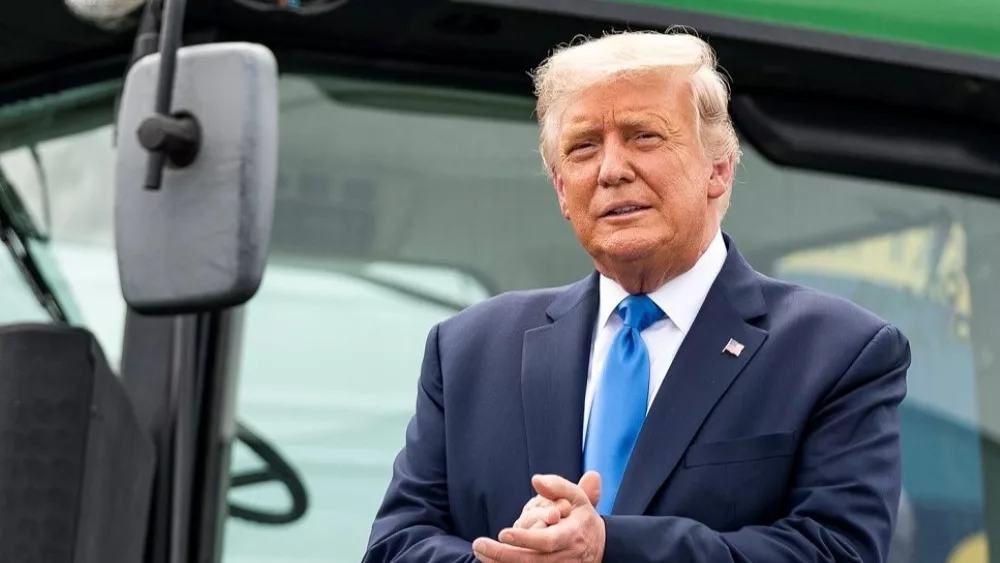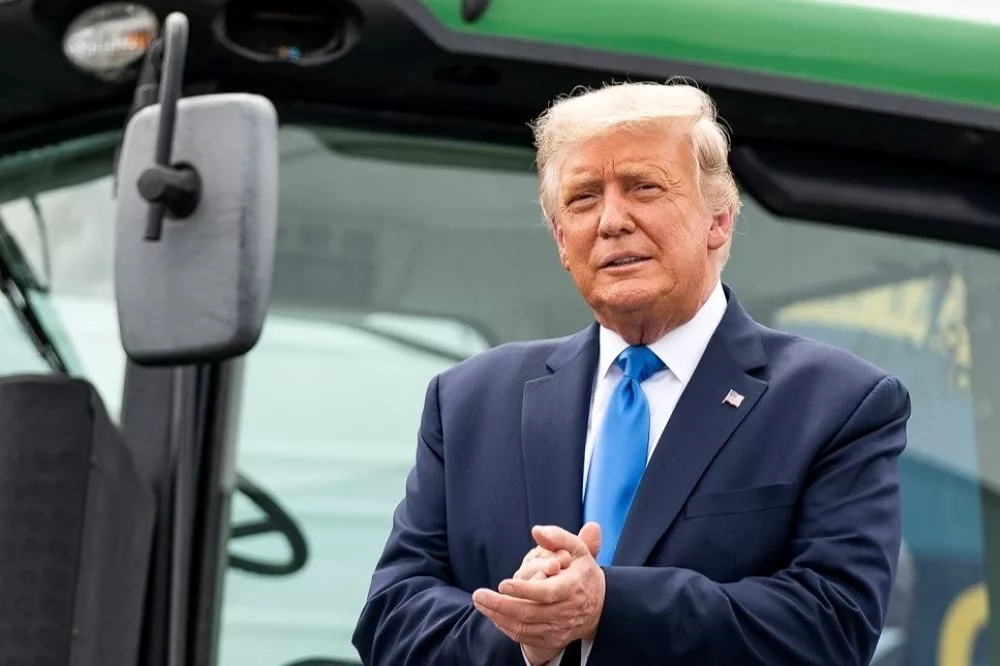You’ve been hearing a lot about President Trump, his trade tactics, and tariffs. That’s why several ag leaders are concerned not only about Trump’s tariffs—but also that retaliatory tariffs could cause the price for ag products—including farm machinery—to spike much higher.
“Obviously, with the new administration, it brings in some excitement and brings in some opportunities, and also brings in some challenges, and tariffs is certainly one of those where we disagree with the administration,” says Curt Blades, Senior Vice President of Agriculture Service and Forestry for the Association of Equipment Manufacturers (AEM).
“Previously, when we talked about tariffs during the previous Trump administration and the tariffs that were on steel and aluminum, we came out pretty strongly by saying that this is not as simple as you might think,” says Blades. “It’s a tool that we can use to reign some challenges in, but steel aluminum, I mean, it takes three things to make a tractor. It takes labor, transportation, and steel.”
He says the prices paid for all of the added tariffs will just be passed along to the both the producer and the consumer.
“Steel prices go up by 30 percent, and it goes without saying that the prices have a ripple effect,” according to Blades. “And it’s not as simple as wanting to buy only U.S.-made steel. It’s a global market, so those tariffs do have a ripple effect. We’re paying close attention to that. We’re paying close attention to all the tariffs, you know, including those that are involved with Canada and Mexico, and knowing that we are in a global supply market. The number of times that a piece of equipment or a piece of fertilizer, a piece of seed crosses the border before it ends up in the farmer’s hands is pretty astounding, so those tariffs do have an impact.”
He adds that the Association is trying to minimize the potential impacts of these tariffs.
“We’re navigating that, trying to figure out how to best respond, but also to make sure that we are minimizing any impact that this is going to have on the farmers because, at the end of the day, I do know the intent of the tools that are being exercised is to benefit the United States of America and to benefit farmers. So, with an industry that’s so heavily dependent on trade and a supply chain that’s so heavily dependent on global manufacturing, we have to pay close attention to it, making sure that there are no unintended consequences or any great effects,” says Blades.
CLICK BELOW to hear Hoosier Ag Today’s radio news report:






